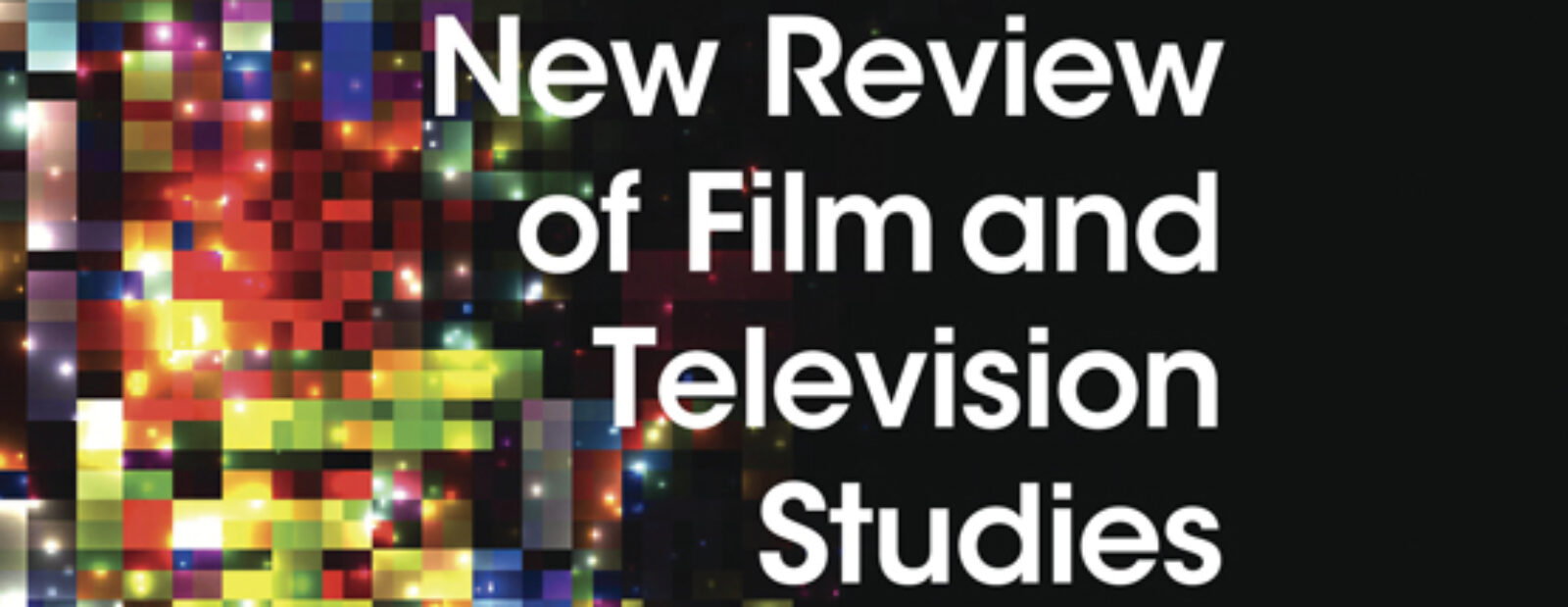Articles
The Aesthetics of Impasse and the Affective Rhythms of Survival: Andrea Arnold’s Fish Tank as Cinema of Precarity
By Katarzyna Paszkiewicz

EXCERPT: “While several scholars have noted that Arnold’s camera movement, which creates the physicality of being-in-the-world, is crucial to theorising the film’s phenomenological realism and the visceral, participatory, or even ethical mode of its address, it is less often discussed how Mia’s ceaseless mobility is formally and thematically restrained. In spite of an apparently hopeful ending, Mia’s bodily rhythms are trapped in a more circular, repetitive pattern, rather than forging a forward motion. Therefore, however incessantly mobile Mia and the camera that follows her may be, the way Arnold frames this movement epitomises what I term here, following Berlant’s (2011) work on the cinema of precarity, the aesthetics of impasse, making reference to the film’s ambivalent oscillation between action and inertia, confinement and the promise of escape, breathing and suffocation.”
On Longing for Loss: A Theory of Cinematic Memory and an Aesthetics of Nostalgia
By Zoë Anne Laks
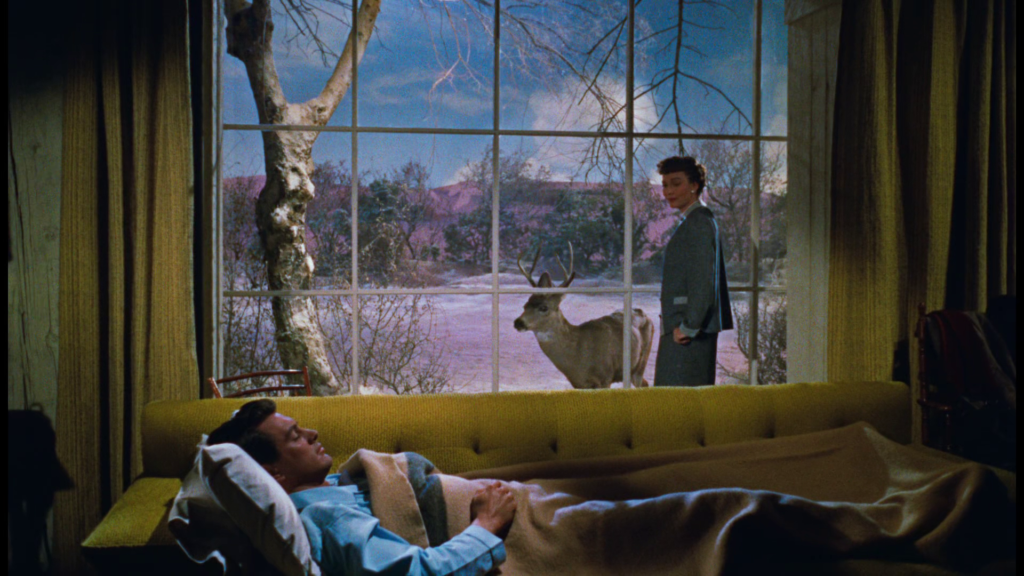
EXCERPT: “Now more than ever, as nostalgia discourse grows in both size and importance, we are need of a rigorous and up-to-date philosophical understanding of nostalgia as a lived and represented phenomenon. Accordingly, my goal here is to work toward a critical view of contemporary nostalgia and the discourse that surrounds it by proposing an original theory of nostalgia and nostalgic aesthetics. My approach blends the social dimension of memory with a phenomenological perspective, defining one type of nostalgia (among the plurality present in nostalgia literature) as a personal longing for a generalized past being. I will argue that when present in media, this nostalgia can communicate and invoke a lived nostalgic-memorial experience through an aesthetic the formal logic of artifice.”
Fiction as a Challenge to Text-Oriented Film Studies
By Mario Slugan
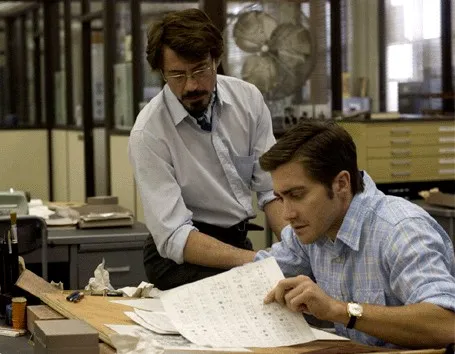
EXCERPT: “The difference between fiction and nonfiction is not whether something refers to the real world or not, or whether something is true or false, but whether we are mandated to imagine it or not. This understanding of fiction also explains why fiction (film) can regularly convey factual truths. Historical dramas often pride themselves on historical accuracy with Zodiac (David Fincher, 2007), for instance, conveying numerous facts about the eponymous murders and journalism business in San Francisco of the 1970s among otherthings. This is not even a matter of degree, because a work could be factually completely true and remain fiction so long as on top of mandating the audiences to believe what is represented, they were also supposed to imagine it.”
Click here for Slugan’s tie-in blog post, “John Oliver, Film Scholar”
Child Spectators: Towards a Phenomenological Perspective on the Imaginary Transformations of Reality: Film Experience, Creation, Education (OPEN ACCESS)
By Bettina Henzler
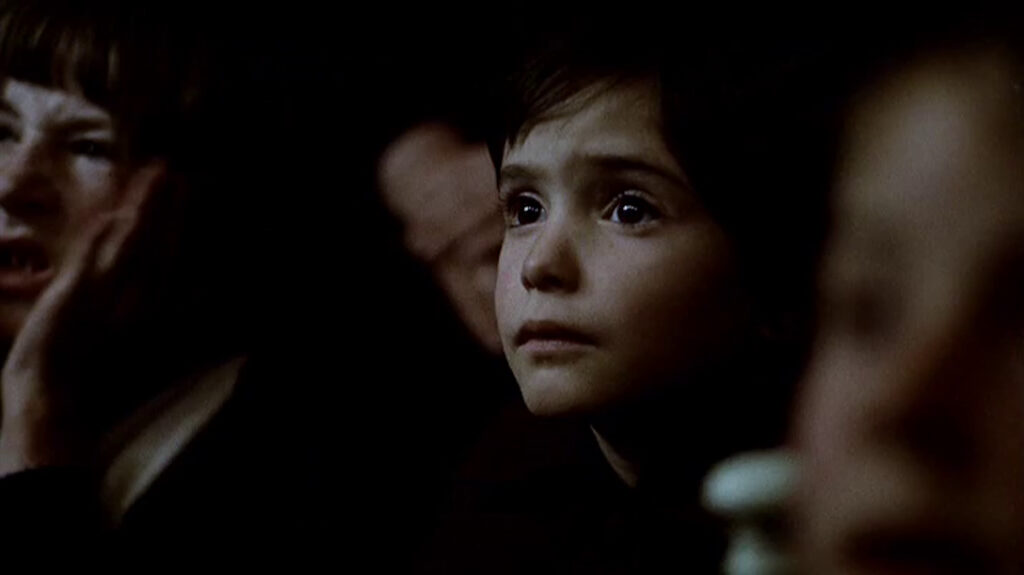
EXCERPT: “…the documentation of children’s supposedly ‘natural’ reactions to fictions in The Spirit of the Beehive seems to testify to the wish to read the impact of spectatorship in the children’s faces and bodily movements. In the film, the overall mise en scène seems driven by this search for the ‘essence of spectatorship’ in the child’s gaze. According to Erice, he chose Ana Torrent because she, like the character she plays, believed the monster to be real throughout the shooting, and thus functioned, in the director’s own words, as his ‘guide’, the ‘one who knows’. When, at the end of the film, Ana encounters the monster by a lake at night, we see the actress shivering with fear.”
V.F. Perkins and the Description of Films
By Dominic Lash
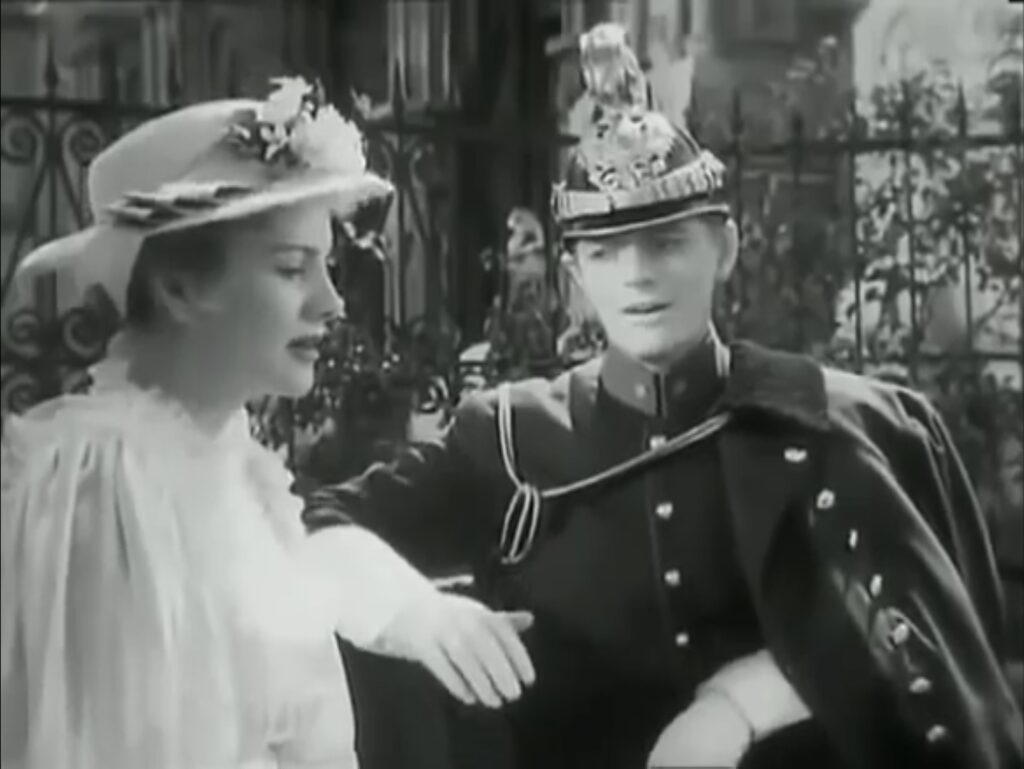
EXCERPT: “Critical description is not, therefore, merely a tool for reminding the reader of details of the film under discussion; descriptive writing about film can help elucidate the senses in which films themselves can plausibly be said to ‘redescribe’ characters, situations, and events by establishing and transforming various kinds of relationship between them. In what follows, I will suggest that Perkins’s descriptive practices in his critical writings represent a site at which different senses of description powerfully intersect, thereby serving to express continuities between the activities of film, viewer, and critic.”
This I Rebel Against: Television Advertising, Rod Serling’s The Twilight Zone, and a Changing Industry
By Christopher Bartlett
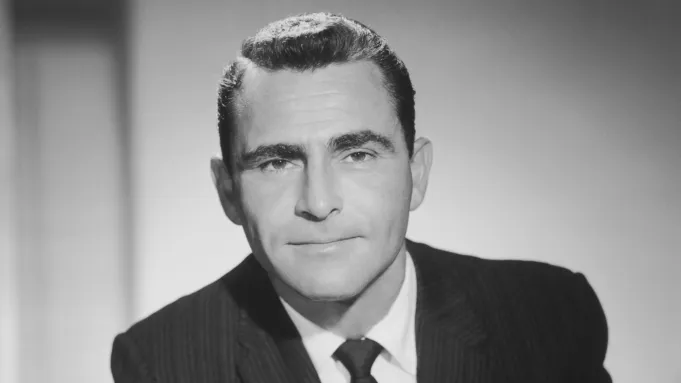
EXCERPT: “While Serling’s decisions resulted in one of the most important series in
television history, they also meant that its creator would have to sacrifice, at almost every stage, many of his convictions, and revise many romantic conceptions of authorship. To be sure, this argument is in no way meant to undermine the lasting impact of Serling’s series on future decades of television. Nor is it meant to undermine Serling’s control over his series. Instead, I want to put forth a narrative about a headstrong writer navigating the changing world of television, in which sponsors were quickly usurping writers’ positions as creators of content and meaning. By placing Serling’s work against this conceptual, aesthetic, and institutional background, it becomes possible to appreciate and understand some of the complexities specific to his work.”
Sonic Modernities: Capitalism, Noise, and the City Essay Film (OPEN ACCESS)
By Laura Rascaroli

EXCERPT: “What my analysis of Many Undulating Things aimed to reveal about the city essay film, then, is that its commitment to critiquing the city as surface necessarily also brings it to confront the cinema’s own entanglement in that ideology. This implies a need, which is political and formal all at once, to disrupt the flatness of the image and the linearity of film. Sound, with its occupancy of space and production of depth, both sensory and argumentative, is one of the key tools by which the city essay film can do so.”
Black Box Universe: The Hacker Film, the Mind-Game Phenomenon, and the New Millennium
By Madeleine Collier
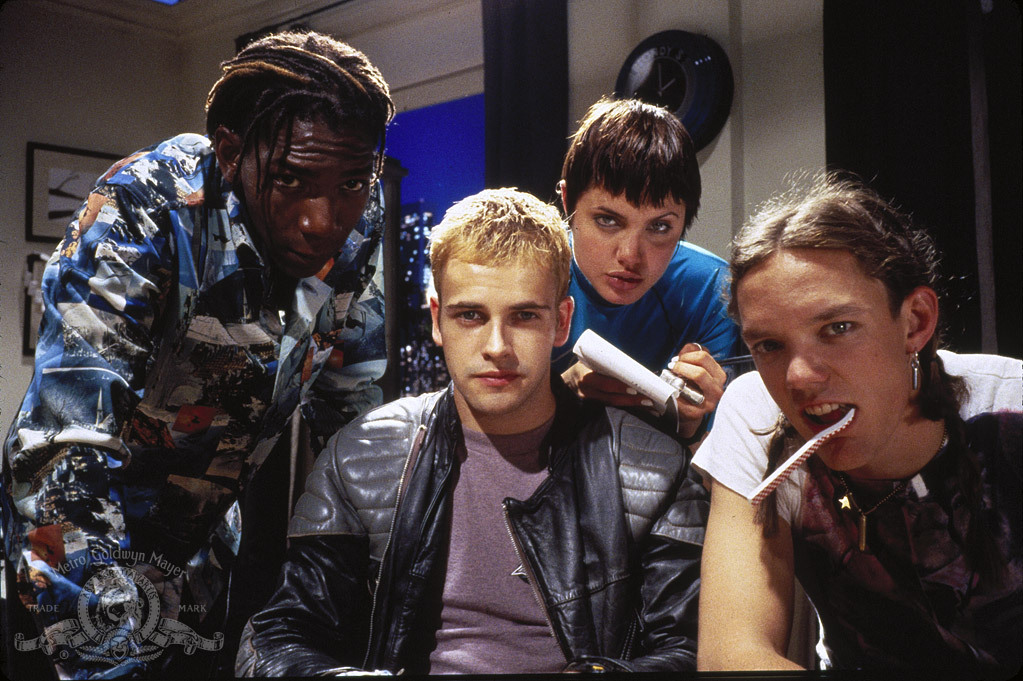
EXCERPT: “The accelerating production of hacker films upon entering the 1990s was enabled by a set of technological affordances which both sparked the popular imagination and uncovered the need for new cognitive and emotional sensemaking strategies.”
Murky Waters: Incident at Loch Ness, Grizzly Man, and Herzogian Notions of Truth
By Brandon West

EXCERPT: “In making Grizzly Man, Herzog opted to listen to the tape while onscreen himself but ultimately does not play the tape for the audience, a decision subject to much scholarly discussion. Entering this conversation, I foreground Herzog’s concerns in Incidentaround the issues of death, the natural world, and failure. Revealing too how each of these concepts operates in Herzog’s other films, I thus offer a novel reading of Herzog’s choice to exclude the audio of Treadwell’s death from Grizzly Man and of how this choice resonates throughout the rest of Grizzly Man. “
Reviews
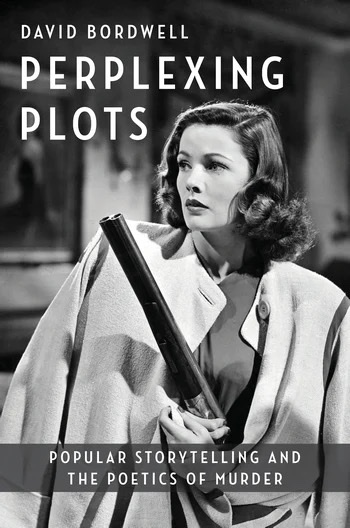
EXCERPT: “Perplexing Plots seeks to demonstrate how the 20th century’s middle- and lowbrow bards of butchery pushed storytelling to its limits.”
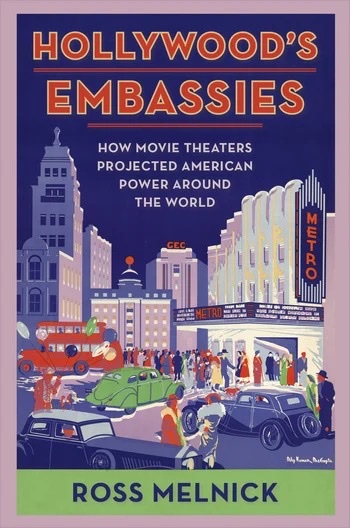
EXCERPT: “an engrossing, fine-grained account of the waxing and waning fortunes of the Hollywood studios in their attempts to build franchise empires.”
